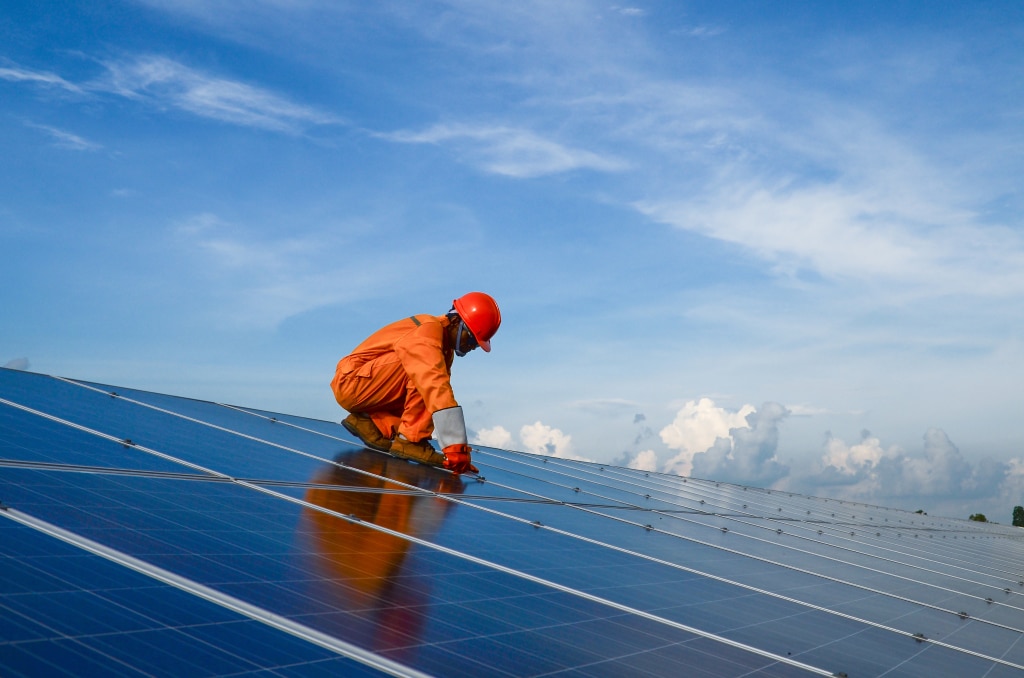Launched in 2017 by the German Ministry for Economic Cooperation and Development (BMZ), Green Energy for African Citizens (GBE) is an initiative jointly implemented by the Deutsche Gesellschaft für Internationale Zusammenarbeit (GIZ) and the German Development Bank (KfW). It aims to develop and secure sustainable energy supplies for people living in rural areas of Africa. The programme is part of the Marshall Plan for Africa and relies on the broad participation of small and medium-sized enterprises, municipalities, cooperatives, public associations and citizens. To this end, a new call for expressions of interest is being launched in Ivory Coast. It is aimed at all companies operating in the solar energy sector with experience in technologies for productive use, as well as companies marketing solar refrigerators or freezers and those providing water pumps to combat irrigation in arid areas.
Under this performance-based funding programme, which provides financial incentives for the successful sale and installation of solar systems for productive use, selection will be made from among shortlisted applicants who will be invited to tender in future procurement procedures. The deadline for applicants to apply is September 10th, 2021 and they will be required to provide Proof of legal existence of the company (trade register and certificate of non-bankruptcy), tax certificate dated less than 3 months, social security certificate of the last quarter before the date of submission of the file and the application form for the notice of expression of interest. The documents for the expression of interest, written in French, must be submitted to the GIZ office at Riviera Golf, opposite the Grand Mosque.
In addition, GBE has also launched a call for projects (until August 31st, 2021), on Ethiopia, Benin, Ghana, Ivory Coast, Mozambique, Namibia, Senegal, Uganda and Zambia, for a grant funding opportunity (of €1 million in total) for projects in sub-Saharan Africa targeting two specific energy access challenges: “increasing the sustainability of off-grid installations” and “reducing CO2 emissions through energy access”.
Habib Tizi (Intern)
